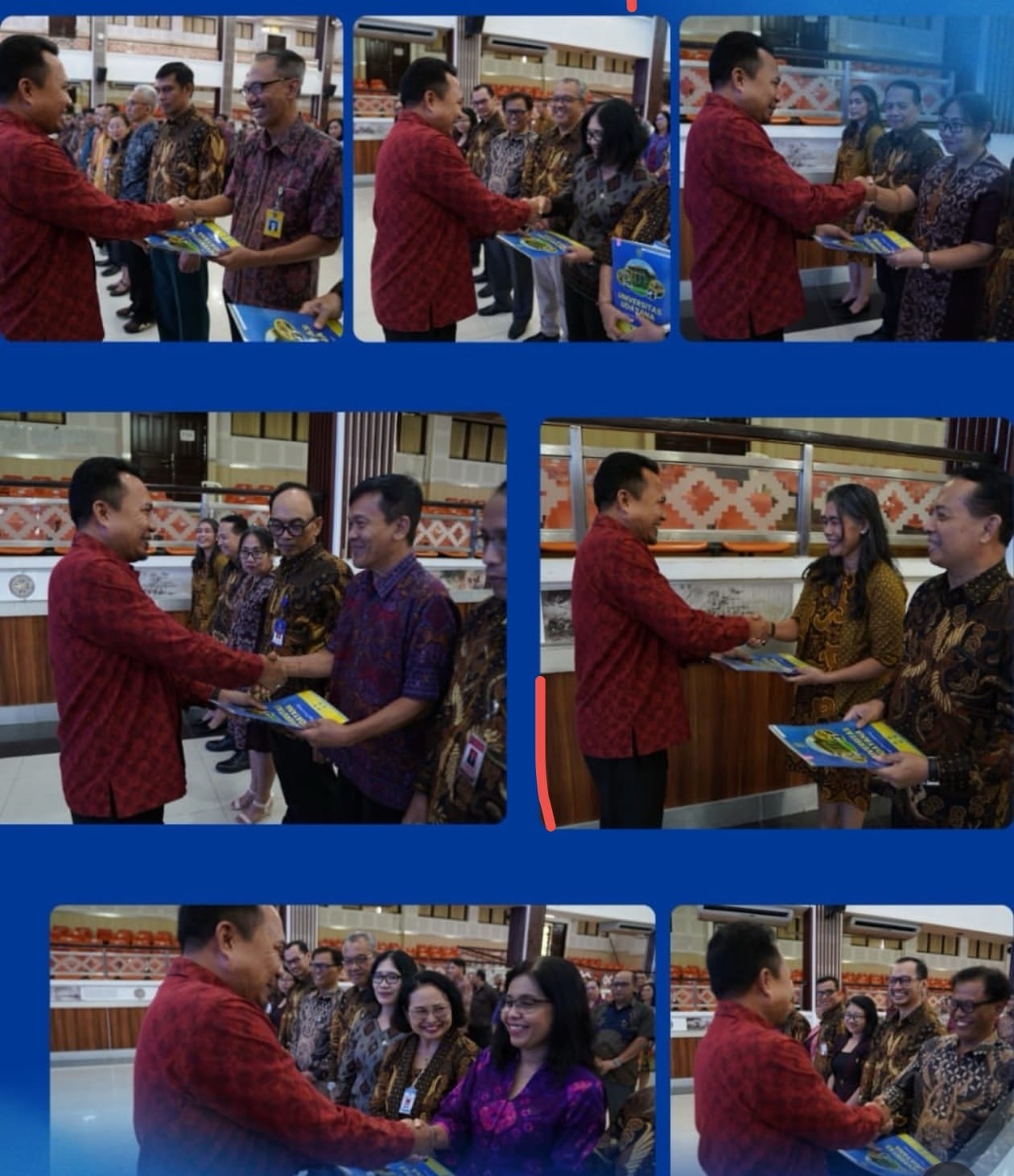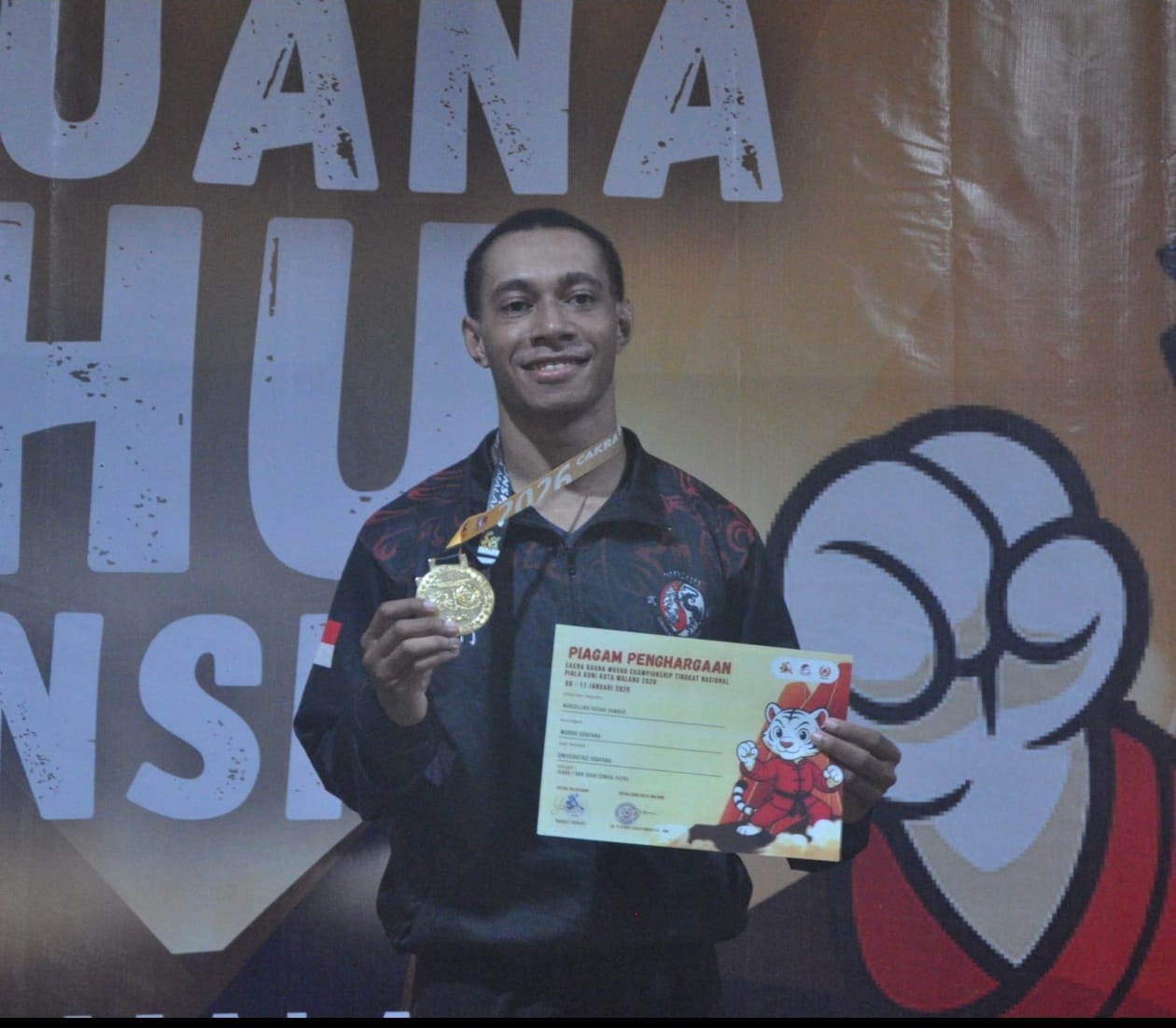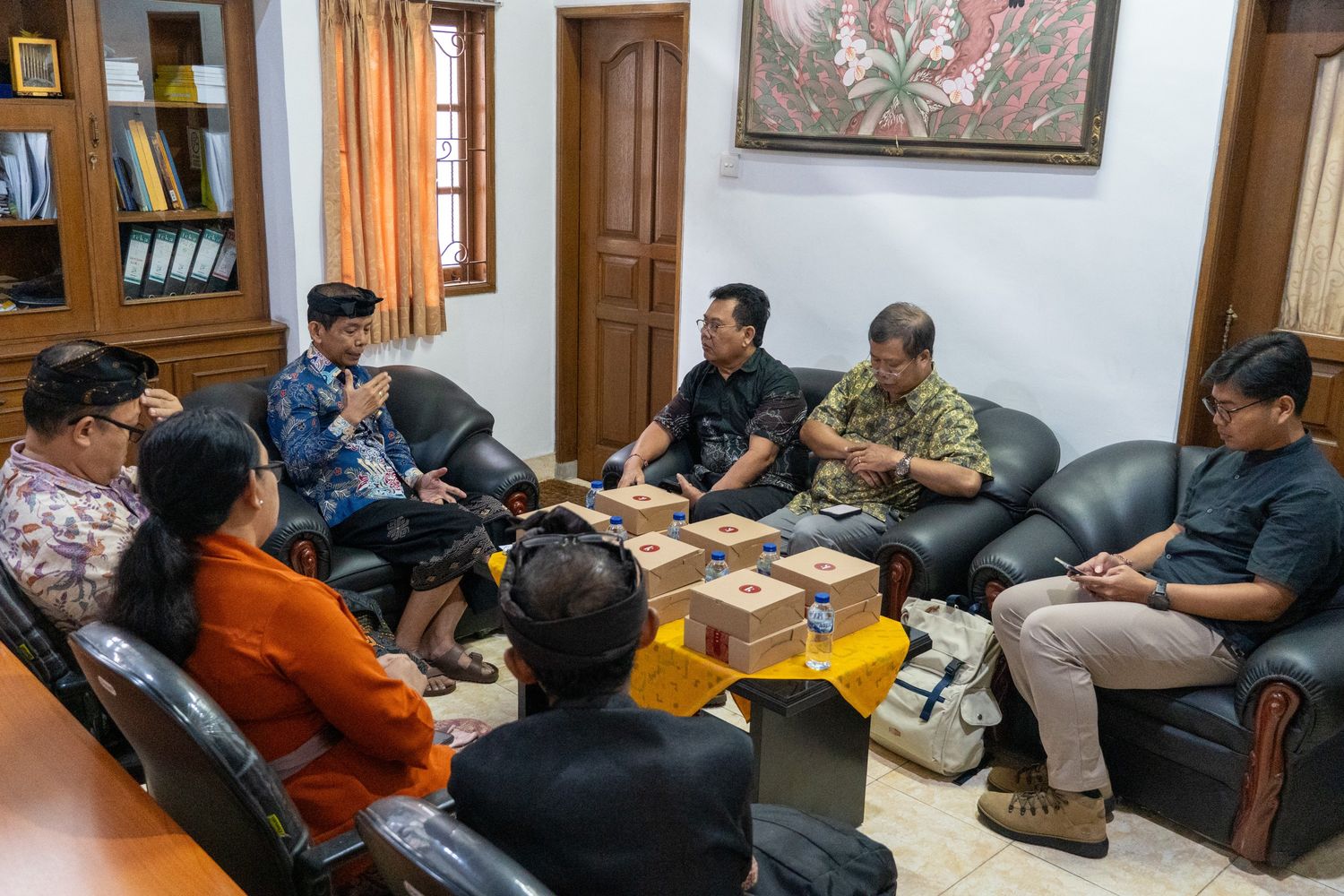Faculty of Humanities Udayana University Collaborates with the OCSEAN Consortium to Host the Oceanic and Southeast Asian Navigators (OCSEAN) Bali Conference 2025
From July 21-23, 2025, the OCSEAN (Oceanic and Southeast Asian Navigators) Bali Conference 2025 was held at the Widya Sabha Mandala Auditorium, Ida Bagus Mantra Building, Faculty of Humanities, Udayana University. This conference was attended by the Rector of Udayana University, Dean of the Faculty of Humanities, all the Vice Deans, Coordinator of the Linguistics Study Program of the Doctoral Program, Coordinator of the Bachelor of English Literature, chairman of CIRHSS, OCSEAN steering committee, researchers and delegates from various countries and fields of science, including linguistics, anthropology, archeology, cross-disciplinary data management, and population genetics. This conference is the final part of the OCSEAN Project which has been running for 3 years, and this year is the last year and activity of the project.
The event began with remarks from the Dean of the Faculty of Humanities, Prof. I Nyoman Aryawibawa, SS, MA, Ph.D. He stated that cultural and linguistic documentation is necessary. Many languages and cultures lack a digital footprint to aid their preservation. Linguistic and cultural documentation provides historical perspective, evidence of life, and historical records. This can also help reconstruct the traces of a group or understand inter-ethnic interactions for future researchers. He stated that the Faculty of Humanities fully supports the implementation of OCSEAN until the end and hopes the event runs smoothly.
The OCSEAN representative, Prof. Dr. Marian Klamer, welcomed conference participants from various countries such as the Philippines, Estonia, the US, the UK, Europe, Papua New Guinea, Australia, and other countries. OCSEAN developed on the same understanding that if we want to understand the history of Southeast Asia—population history, social history, and migration history—then we must collaborate across fields of study. Prof. Dr. Marian Klamer stated that she was pleased that despite being postponed due to COVID, OCSEAN could resume with collaboration between countries and fields of study built on curiosity and respect. In closing, she expressed her gratitude to the host—FIB Unud, the organizing committee, and the researchers who attended to present their research results.
The event was officially opened with the striking of a gong by the Rector of Udayana University, Prof. Ir. I Ketut Sudarsana, ST, Ph.D. In his remarks, he briefly explained that Udayana University was founded in 1962 and will be 63 years old in September. It consists of 13 faculties, 134 study programs, 1,750 academic staff, and around 35,000 active students. OCSEAN brings together different study focuses such as linguistics, archaeology, literature, and others to understand, protect, and document culture, traditions, languages, and knowledge at the regional and national levels. He hopes that Udayana University can continue to collaborate with OCSEAN and play a role in the process of cultural preservation.
On the first day, July 21st, the presentations focused on linguistics, anthropology, and interdisciplinary data management. Experts discussed the preservation of linguistic diversity in Indonesia and the arrival of Austronesian speakers in Raja Ampat. In-depth studies of the Wano language system and efforts to preserve minority languages such as Helong were also highlighted. The conference also highlighted orthographic transparency in Hawu language learning, as well as the fusion of local identity and modernity in Ubud. The presentations continued with an explanation of the vowel dynamics of the Balinese dialect of Nusa Penida and the revitalization of the Abui language through a community approach. Another presentation discussed the impact of betel nut chewing on oral health in Papua New Guinea, and concluded with the use of data science in curating ancient vocabulary lists and the history of population contact.
Continuing on the second day, July 22, presentations focused on archaeology, cultural heritage, and population genetics. The session began with a discussion of prehistoric rock art conservation and recent archaeological discoveries in Mindanao. The focus then shifted to broader topics regarding early human habitation in the region and the importance of open data in archaeological research. The conference also highlighted efforts to preserve intangible cultural heritage, such as the Saa ritual in Bali, the Bangsamoro heritage in the Philippines, and the collective experience of the Manobo people's life theater. Research on ancient population structures in South Sulawesi and the genetic history of eastern Indonesian populations were also presented, followed by discussions on paternal and maternal genetic lineages in Southeast Asia and Oceania. Presentations on both days were accompanied by poster exhibitions from the participating poster presenters.
To conclude the second day, Monika Karmin, Ph.D., a representative from the OCSEAN steering committee, delivered a closing remarks, which began by asking how the researchers were doing. She also expressed her gratitude to the committee for their hard work. All the presentations that had been carried out contained extensive knowledge and insight, although due to differences in study fields it was sometimes difficult to understand each other, but research and sharing of results must continue. With such a large community of members, she hopes that research can produce data that can be used not only now but also in the long term.
On the final day, July 23, 2025, the conference continued with an excursion, visiting Besakih Temple as a deeper introduction to Balinese culture, particularly regarding Mount Agung, the soul of the island. The visit also provided a more specific explanation of Besakih Temple, which consists of various temple complexes. The event concluded with a visit to Semarapura Market and Kertha Gosa, located in Klungkung Regency. The series of activities aimed to provide participants with a firsthand cultural experience, allowing them to gain a closer look at Balinese culture, which is steeped in spiritual values, artistic beauty, and local wisdom (Frans & Febrian).



UDAYANA UNIVERSITY